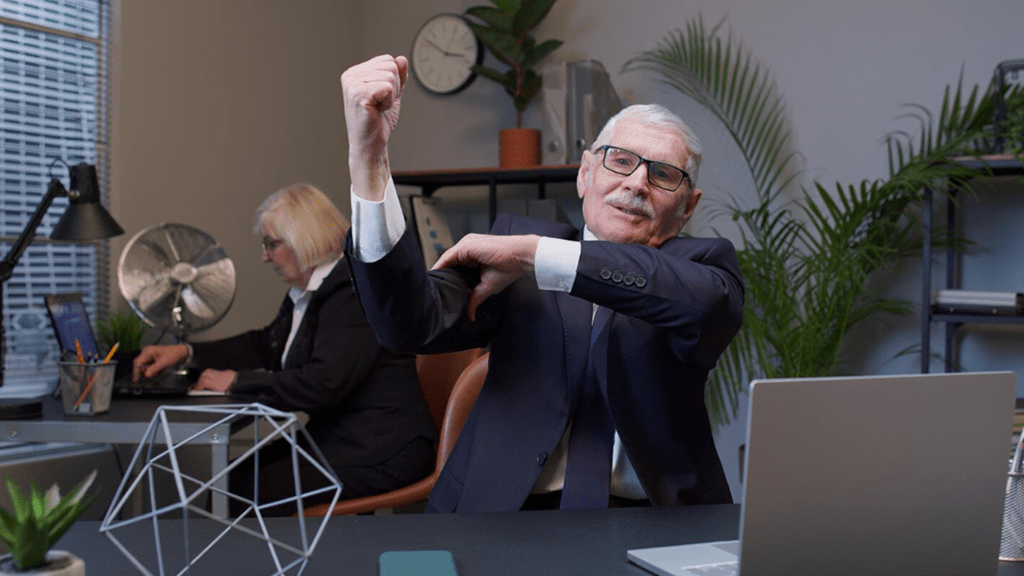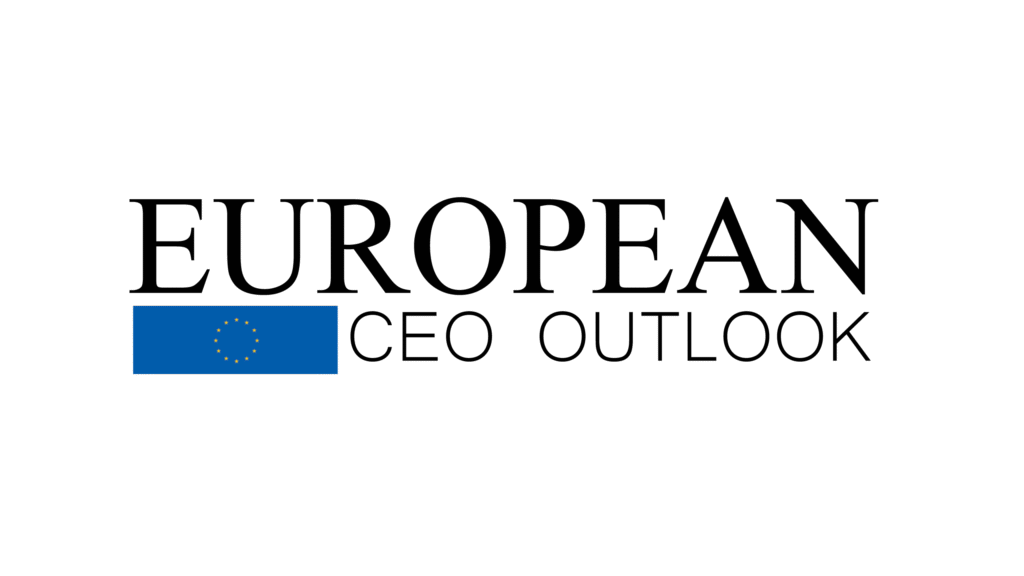What Makes a European CEO Thrive in the Age of Chaos

In a world where crises don’t queue politely but collide all at once—pandemics, wars, technological revolutions, regulatory shifts—how do European CEOs not only survive but also thrive?
The answer? They don’t play defense. They architect clarity inside the storm.
Let’s be candid: the archetype of the commanding, all-knowing CEO is a relic of the past. Today’s thriving European executive resembles a polymath monk more than a corporate general. They blend systems thinking with emotional intelligence, pragmatism with philosophical depth. In this chaotic economy, clarity is king—and empathy is its twin.
⚙️ Strategic Patience Over Growth-at-All-Costs
Once, the mark of a great CEO was how fast they could scale. Now? It’s how smartly they can pause.
Consider Carl-Henric Svanberg, Chairman of Volvo Group and former CEO of Ericsson. He didn’t chase growth unthinkingly—he moved with deliberate cadence. In an era of tech euphoria and AI hype, European leaders are opting for what could be called strategic sobriety.
They’re not underachievers. They’re time horizon extenders. CEOs who understand that building antifragile companies means saying “no” more often than “yes.”
🌍 Global Eyes, Local Hands
Unlike Silicon Valley’s go-global-fast model, thriving European CEOs tend to remain embedded in their local communities. Not provincial—contextually loyal. They understand that Lisbon is not Berlin, and that what works in Oslo can’t be cloned in Milan.
Jean-Dominique Senard, Chairman of Renault, is a prime example. His leadership blends geopolitical fluency with community stewardship. He speaks ESG, AI, and shareholder returns—but he also knows the nuance of French labor unions and local trust.
A thriving European CEO builds alliances, not dependencies.
🧠 Leading with Meta-Intelligence
What separates survivors from thrivers? It’s not IQ. Not even EQ. It’s what philosophers call meta-intelligence—the ability to shift between lenses.
Today’s top leaders don’t just ask “What’s happening?” They ask:
- “What paradigm is breaking?”
- “What long game is being disguised as a short-term loss?“
- “What if our biggest threat is our current strategy?”
Satya Nadella, though not European, embodies this thinking—and European CEOs are increasingly emulating this type of framework fluidity.
Those who thrive don’t seek the correct answer. They construct better questions.
🧘♂️ Inner Stability = Outer Performance
Chaos outside demands calm inside.
Let’s be blunt: executive burnout is on the rise. CEOs are quietly seeking therapy, coaching, and resilience training—not because they’re weak, but because they know what’s coming.
Jim Hagemann Snabe, Chairman of Siemens and Maersk, often speaks of “leading from purpose.“ Not as HR fluff, but as psychological armor against noise and distraction.
Thriving CEOs don’t seek balance—they design capacity.
They use journaling as a diagnostic tool. They read philosophy. They walk. They disconnect to recalibrate.
They’ve realized that no amount of market share can compensate for a frazzled nervous system.
🛠️ Operating in Feedback Loops, Not Command Chains
Old Europe ran on hierarchy. Modern CEOs? They run on dynamic feedback loops.
In companies like Ericsson, TotalEnergies, and Schneider Electric, the C-suite has shifted from being about authority to being about sensing mechanisms. Thriving leaders listen louder. They encourage dissent. They push feedback up, not just down.
Think of it this way: they’re pilots in a storm, relying not on instinct but on instrument clusters built from every layer of their org chart.
They know that the signal they ignore today might be the iceberg tomorrow.
🧭 Ethics as Competitive Infrastructure
European CEOs face a regulatory and cultural environment where ethical clarity is not optional. But the thriving ones treat it not as compliance, but as a moat.
Take Ilham Kadri at Solvay, who is driving the chemical group’s transition from a linear to a circular economy. Or Benoît Potier, former CEO of Air Liquide, who infused decarbonization directly into strategic planning long before it became shareholder religion.
Ethics isn’t branding anymore. It’s design architecture—the blueprint that determines whether you’re future-proof or disposable.
Final Thought: Thriving Isn’t Loud
In this age of chaos, the best CEOs aren’t louder. They’re cleaner thinkers, deeper listeners, and longer-term builders.
They don’t just manage the storm. They re-pattern the weather system.


















































